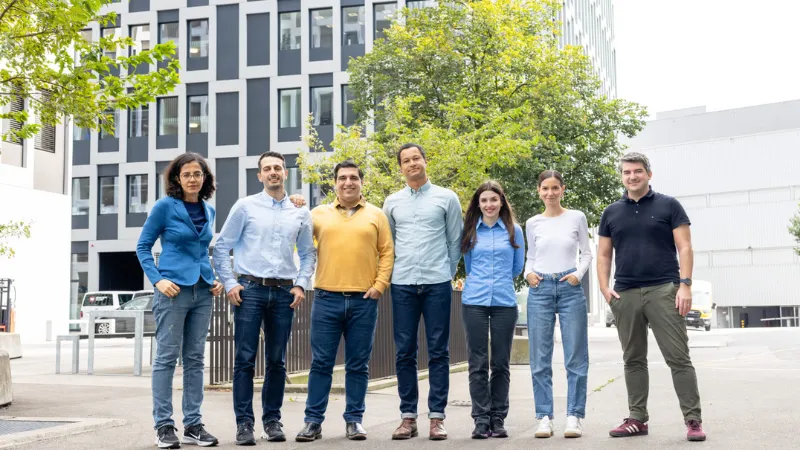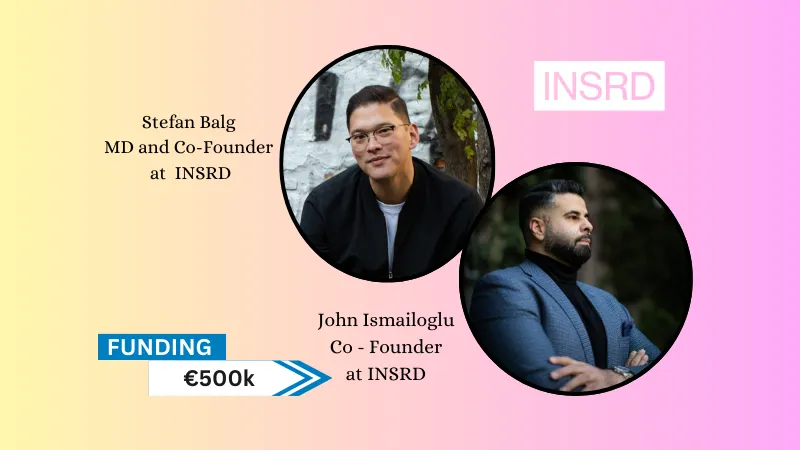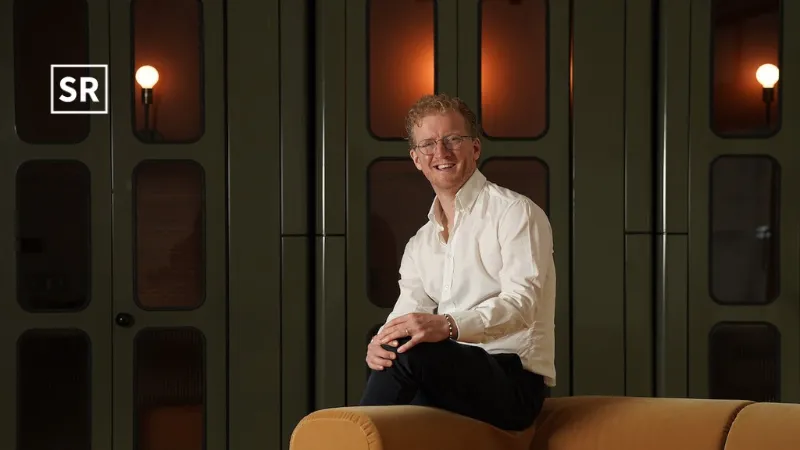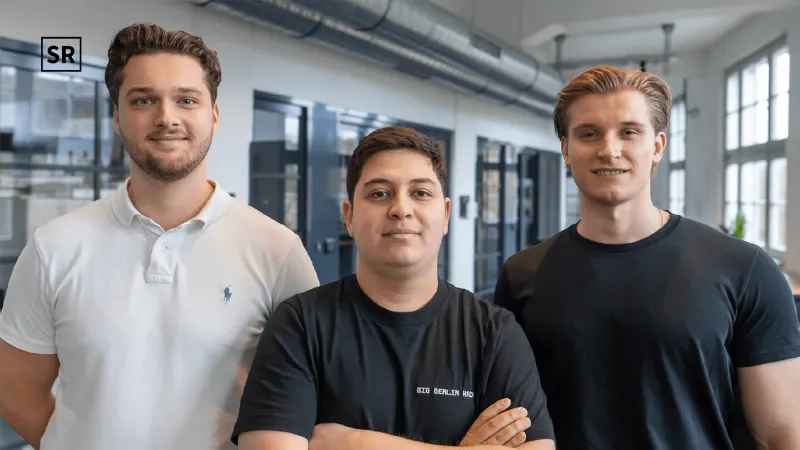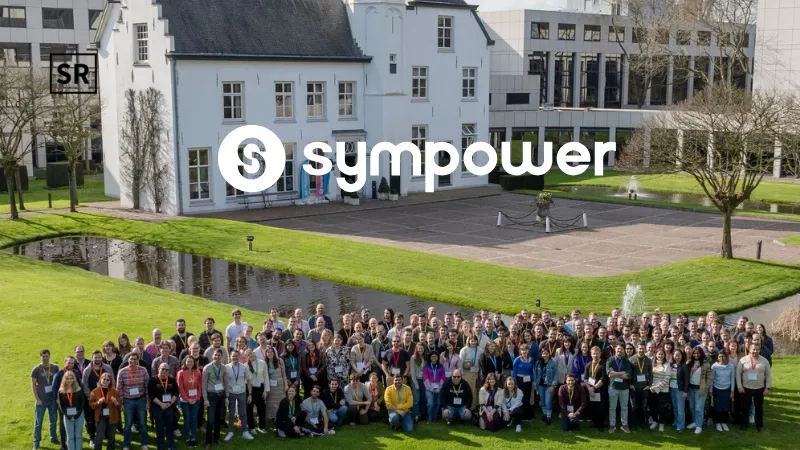Qida Raises €37 Million To Expand Eldercare Services To 100,000 Seniors
Nov 5, 2025 | By Kailee Rainse

Qida, a HealthTech startup based in Sabadell, has raised €37 million to expand its elderly care services across Spain. This marks the largest investment ever in Spain’s elder care sector and one of the biggest for a Spanish social impact company.
SUMMARY
- Qida, a HealthTech startup based in Sabadell, has raised €37 million to expand its elderly care services across Spain. This marks the largest investment ever in Spain’s elder care sector and one of the biggest for a Spanish social impact company.
The funding round was led by French growth investor Quadrille Capital, Qida’s first international backer. Other participants included Barcelona-based Asabys Partners and the public-private Social Impact Fund (FIS) managed by Cofides, investing directly in a startup for the first time. Additional support came from the Institut Català de Finances (ICF), US-based Endeavor Catalyst, and returning investors Kibo Ventures, Creas, and Ship2B.
“It is a very powerful syndicate, because it is a triumvirate between a growth fund, a health fund, and an impact fund,” celebrates its co-founder and CEO, Oriol Fuertes Cabassa, who specifies that the three will have a representative on the board of directors.
Qida’s €37 million raise stands out amid recent European HealthTech and elder-care funding trends. Most comparable 2025 deals have been smaller, such as London-based Neu Health (€1.9 million for AI in Parkinson’s and dementia care), Warsaw’s Doctor.One (€4 million for asynchronous chronic care), and Copenhagen’s Teton.ai (€17 million Series A for predictive healthcare).
RECOMMENDED FOR YOU

Outlast Fund Raises €21M First Fund To Support Baltic-Nordic Startups
Kailee Rainse
Sep 18, 2025
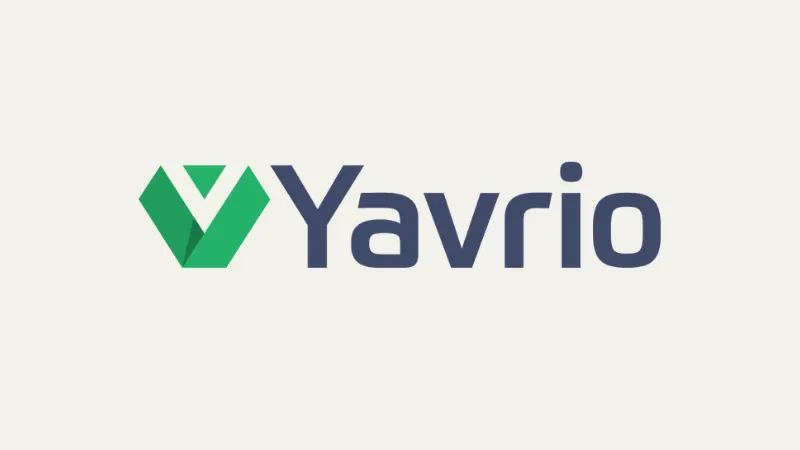
Yavrio funding news – An Open Banking Yavrio Fintech Secures $2.4 Million in Seed Funding
Kailee Rainse
Jan 29, 2025

[Funding alert] Berlin-based Frontnow Secures €3.8 Million in Seed Funding
Team SR
Mar 13, 2024
Read Also - Reflex Aerospace Raises €50 Million Amid Europe’s Satellite Security Concerns
The involvement of Spanish investors like Asabys Partners and the public-private Social Impact Fund highlights strong domestic support for HealthTech and social-impact innovation. No other Spanish company features in EU-Startups’ 2025 coverage underscoring Qida’s unique position in its home market.
The round also reflects a broader European surge in HealthTech investment with AI driven healthcare startups attracting over €4.4 billion in early year funding. Qida’s milestone not only represents Spain’s largest elder-care investment to date but also signals growing investor interest in scalable tech enabled care solutions across Europe.
“I am extremely pleased to have the support of leading public and private funds in the sector, as well as all the partners who have been with us since day one, united in the same mission of maximising the quality of life of the senior segment. This investment not only allows us to grow and consolidate our leadership, but also to continue maximising our social impact,” added Cabassa.
Founded in 2018, Qida started by connecting families with home caregivers through a digital platform and has since grown into a full-service HealthTech provider aiming to transform home care in Spain.
Current initiatives include a collaboration with the Catalan government to develop patient monitoring software for the public system and the launch of Spain’s first insurance product covering conditions such as Parkinson’s disease. Qida has also created a marketplace for senior services offering a one-stop platform similar to Amazon but focused on elder care.
Alejandra Duran Gil, Partner and CIO at Quadrille Capital, emphasised: “We have complete confidence in Qida’s business model and its growth potential, backed by solid financial discipline and efficient capital management. The company combines technological innovation with a people-centered approach, positioning it as the undisputed leader in the sector.”
On the growth side, Qida plans to expand into new Spanish cities and continue its acquisition strategy, having already integrated nine smaller home care providers over the past three years. The company aims to serve 100,000 people and achieve €100 million in annual revenue by 2027, up from an expected €40 million this year quadrupling both revenue and reach.
This expansion could also see the team grow from 300 employees and 2,000 caregivers to more than 700 staff in the coming years.
“The company is profitable, and this capital is not to cover losses,” explained Cabassa. “There are three key goals: growth, technology, and team.”
To advance its technology roadmap, Qida is hiring new talent, including Daniel Alonso, former CPO at Glovo, and Jordi Tusell, former managing director of ambulance provider Falck. The tech team will develop AI-driven tools to enable more proactive, preventative, and integrated care models, bridging health and social services.
Based in Catalonia, Qida has become a leading player in the social impact sector. Having raised €57 million over four funding rounds, the company emphasizes that its core mission remains the same: improving the quality of life for the elderly while strengthening the sustainability of health and social care systems.
Guillem Masferrer, Partner at Asabys Partners, added: “The investment in Qida reinforces our commitment to companies that have a real impact on the healthcare system and people’s lives, promoting a model of high-quality care, prevention, and home care with potential for sustainable growth.”
With this new funding, Qida is doubling down on its mission to make home care more dignified, efficient, and human-centered starting in Spain and potentially expanding internationally in the near future.
Raúl Sánchez, Director of the Social Impact Fund (FIS) managed by COFIDES, added: “Qida is one of Spain’s leading companies in terms of social impact and proof that it is possible to be a profitable company while also generating a positive social impact.”
About Qida
Qida, founded in Barcelona in 2018, is a social impact scale-up aiming to become Europe’s leader in elderly home care. By combining caregivers, insurance, data, and technology, Qida helps seniors live at home longer while supporting more sustainable, efficient, and human-centered health and social care systems.


 Follow us
Follow us Follow us
Follow us